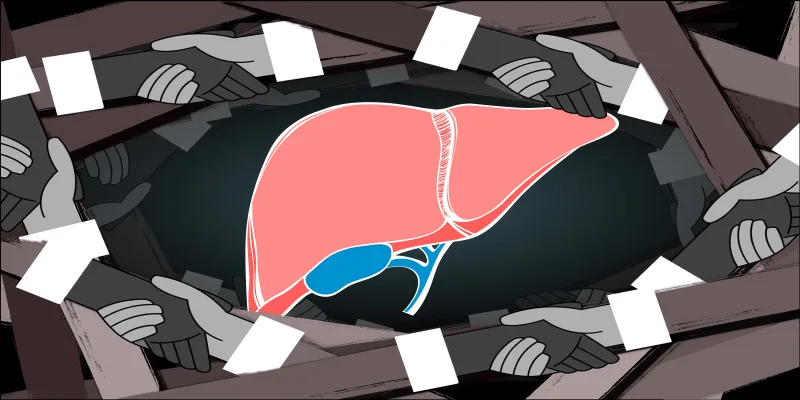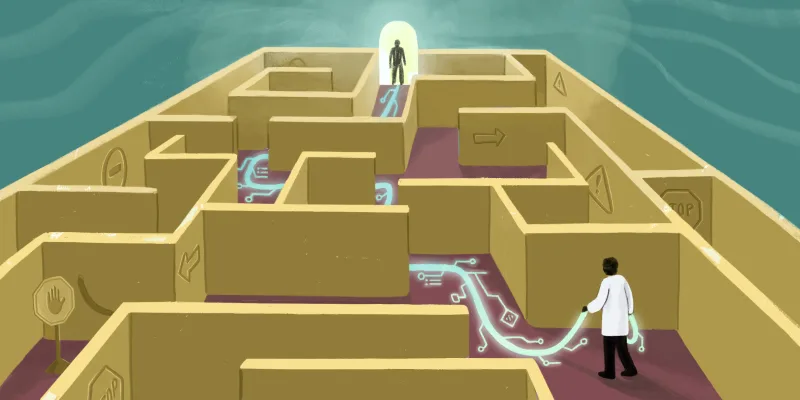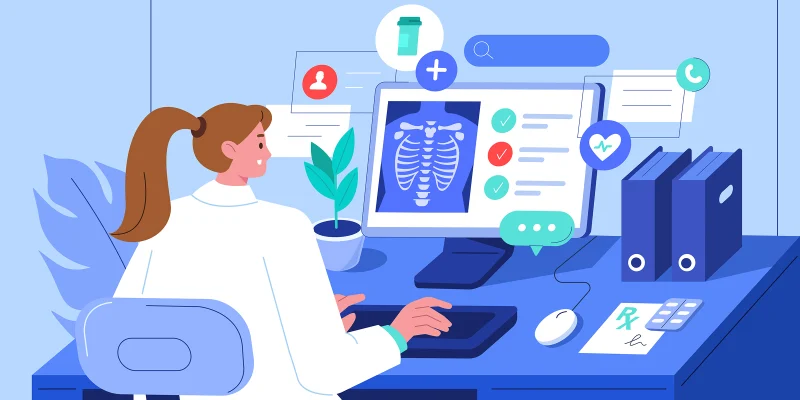On my second day of intern year, I took call for the first time. I was alone in the hospital with a thick stack of patient lists, a phone, a pager, and a stomach of anxiety, covering four services. I was quickly swamped with consults from all directions, nursing calls I couldn’t immediately answer, and questions from patients and family members that I didn’t know how to navigate. I cried on my way home. I was worried that I had forgotten a call or several, misinterpreted a physical exam, or spoken thoughtlessly to someone unintentionally amid my exhaustion. I was afraid the on-call seniors would be angry with me for having called about silly things; not an unfounded belief, as I had been berated by one of them for not knowing how to order a heparin drip. How on earth did anyone believe it was safe to leave a 36 hour-old doctor “alone”? I felt like a child whose uncle had thrown them off the deep end of the pool without knowing how to swim: drowning with lifelines out of reach until the day team came to fish me out. It is a common experience for many house staff learning to be independent, yet in hindsight, it is somewhat cruel.
Now, as a senior resident, I have graduated to the experience of home call. In some instances, it can be a rare unbroken rest; other nights are a sleepless fever dream of consults and questions from interns; panicked overnight drives, finally culminating in early morning rounds with persistent exhaustion and brain fog; and the expectation that I will be as functional as if I had slept without interruption. When I have questioned the safety of expecting a resident on 2-4 hours (or less) of sleep to then return to a full day’s work, I’ve been told that home call is designed to teach us what attendinghood is like. In my worst moments, I have wondered if I’m just weaker, in some way, than my peers. By an outsider’s measure, sleeping five broken hours out of 48 of work would seem heroic; in medicine, it’s just a “call weekend.”
Yet: shouldn’t we care about our trainees’ well-being?
It is curious to me how we seem to lose empathy over the course of our training. Partly, this is a protective mechanism. It would be difficult to function otherwise; what we bear witness to would be traumatic for most laypersons. However, I think that the empathy we lose most quickly is that directed toward ourselves and our fellows: residents, attendings, and even medical students. We give ourselves a standard of “better than,” and slowly begin to apply that standard to our peers and our juniors. I’ve caught myself thinking along these lines: Why is my intern signing out to the night team a post op check that they could complete themselves before leaving? Never mind that they still have notes to finish and are already signing out late; never mind that the night team can easily do it; my own senior would have expected that of me as an intern, so I should expect that, too. What I’m really saying is: Never mind that when I was an intern, I felt like I was drowning; you should drown a little, too.
When was the last time you saw or heard of a resident taking a sick day, outside of mandatory COVID quarantine? Real “sick days,” we are told, mean you are either dead or close to it. Why? Why do we not think of other, perhaps safer ways for an intern’s first in-hospital call: perhaps a buddy system? Two interns, or an intern and a senior? Why are there few to no backup systems in place for a sleepless home call? Why are “home call” hours untracked? And, more insidiously: Why do we look down on those who are asking for help? Some of the resistance to commit to solutions stems from hospitals and administrators that take advantage of the sense of obligation that many of us feel to our patients, knowing that none of us would dare abandon a patient despite a crushing volume of work. But there is also a prevailing attitude that medical training must be abjectly cruel to its learners to teach them what it’s “really like”; that “because I did it, you should, too.” These beliefs only serve to aid the agenda of some hospitals-cum-corporations seemingly willing to work us, quite literally, to death rather than pay for a system with enough redundancy to make medical training safer and kinder.
Some folks, perhaps those in programs or from specialties that more scrupulously respect the 80-hour work limit, may opine that my experience is merely reflective of a toxic training program. Yet the groundswell of conversations that have begun these past few years about burnout and failing mental health among our trainees seem emblematic to me that it is not solely my program, or my specialty. And regarding the 80-hour limit, many who have trained in modern residency programs will tell you that this rule is wielded most often as a weapon, not a shield. “Reporting over 80 hours will make your program lose its ACGME standing.” “Why are you not efficient enough to get your work done in the time provided?” Having personally logged 100-110 hours per week on a grossly understaffed service and reported the standard 80, I can tell you that implementing a work limit without the necessary systemic support to ensure its success is less than useless.
Despite a lived experience that strives to teach me otherwise, I do not believe that medicine should endeavor to strip me of my humanity to be a good doctor. I also believe that being a good doctor means caring about each other, and not just our patients. It is time for us to be kinder to ourselves, and to advocate for our fellows instead of enlisting as agents of a corporation’s cost-saving agenda. As each of us climbs the medical hierarchy, we have more power to enact this change on a systemic level, but also to ensure that we support those further down the rungs. So next time a terrified intern calls, or an exhausted, sleepless senior reports to morning rounds, ask yourself: Do I really want them to drown a little, too?
The author is a third-year general surgery resident in an urban academic residency program.
Illustration by Jennifer Bogartz






